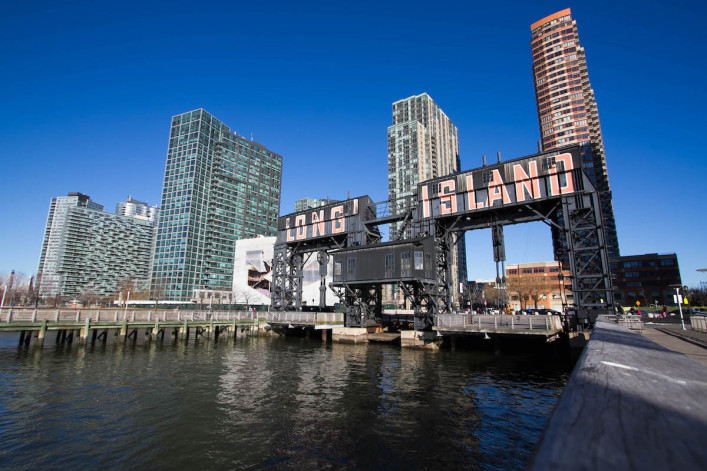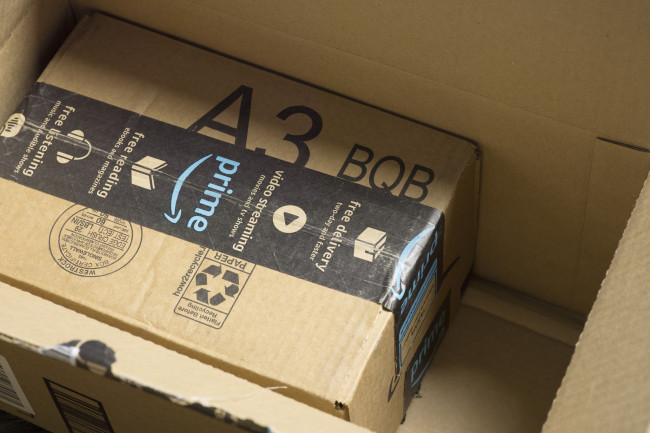Tech bros won’t buy all the condos and other housing predictions for 2019

As some Amazon employees are already snatching up Long Island City real estate, that momentum might not continue for sellers hoping to flip their luxury condos.
iStock
Thousands of high-paying tech jobs are on the horizon from both Amazon HQ2 and Google’s workforce expansion, and many New Yorkers are worried how the influx will affect your life, real estate, and commutes. With some Amazon employees already snatching up real estate in Long Island City, luxury condo sellers are hoping to keep that momentum going into the new year, especially as sales prices will continue to surge in Queens—and would have in 2019 even without the tech giant moving in.
However, according to StreetEasy's new report on 2019 housing market predictions, those sellers “are likely to be disappointed,” says Grant Long, StreetEasy senior economist.
While the annual average salary of a new Amazon HQ2 employee is $150,000—well above the average in New York City—it’s “still far from sufficient to make a multimillion-dollar condo affordable,” Long writes.
In fact, he thinks tech workers “may balk” at prices that are quite a bit above those seen near Amazon’s Seattle headquarters, and likely opt to rent instead. That means even more homes will be “added to an already saturated market, pushing inventory to highs we haven’t seen since the financial crisis,” Long writes.
He doesn't see another market crash around the bend, though.
“The city’s ongoing economic growth means that there are still home shoppers willing to put money down on a good deal,” Long writes. “But the market cooling that we’ll likely see in 2019 will motivate sellers to adjust asking prices to more realistic levels—giving buyers a great opportunity to be picky, negotiate, and shop around for the right home.”
North Brooklyn rents to drop even more with L train shutdown
Amid rising interest rates and federal tax policy changes, renting will stay a viable option for other New Yorkers as well, and Long predicts the competition will remain high.
“Strong demand will push rents upward, particularly in the city’s most central neighborhoods,” he says.
With the 15-month L train shutdown coming in April, North Brooklyn will be an exception as residents flee to avoid the ensuing commuting chaos.
“We’ve seen that market steadily weaken, but our bet is that there’s even more room for rents to fall,” Long says.
Lower Manhattan on top
Rents in chic outer-borough enclaves are now on par with those in Manhattan. This fall, median rents for one-bedroom apartments in Dumbo, Downtown Brooklyn, and Long Island City surpassed those in Chelsea, Nolita and the East Village, respectively.
But going into the new year, and for the first time since 2012, Manhattan is experiencing higher rent growth than Brooklyn and Queens. StreetEasy anticipates the parts of Manhattan's Downtown “will once again emerge as hot neighborhoods” in 2019 as they were in the 1990s and early 2000s.
Megaprojects make-or-break time
Large-scale building projects have dominated the city for the past 20 years, and 2019 will be crucial to the fate of future megaprojects as some—like 15 Hudson Yards and One Manhattan Square—are set to open in the coming months.
In the wake of Amazon HQ2’s announcement, development in Court Square and Hunters Point has seen a boost, but projects elsewhere could face challenges. That includes Two Bridges, where One Manhattan Square is the first of three planned residential towers, and Pacific Park in Brooklyn, where 11 new buildings are on deck through 2035.
You Might Also Like



























